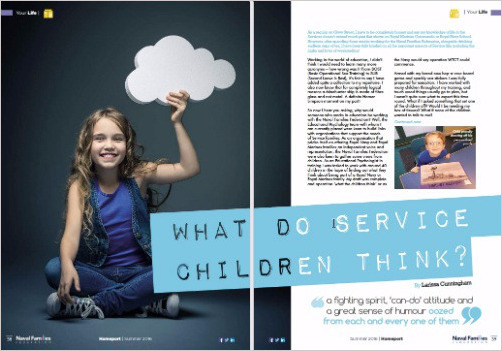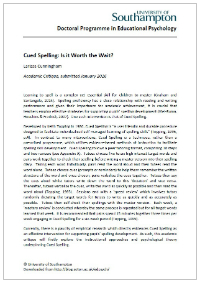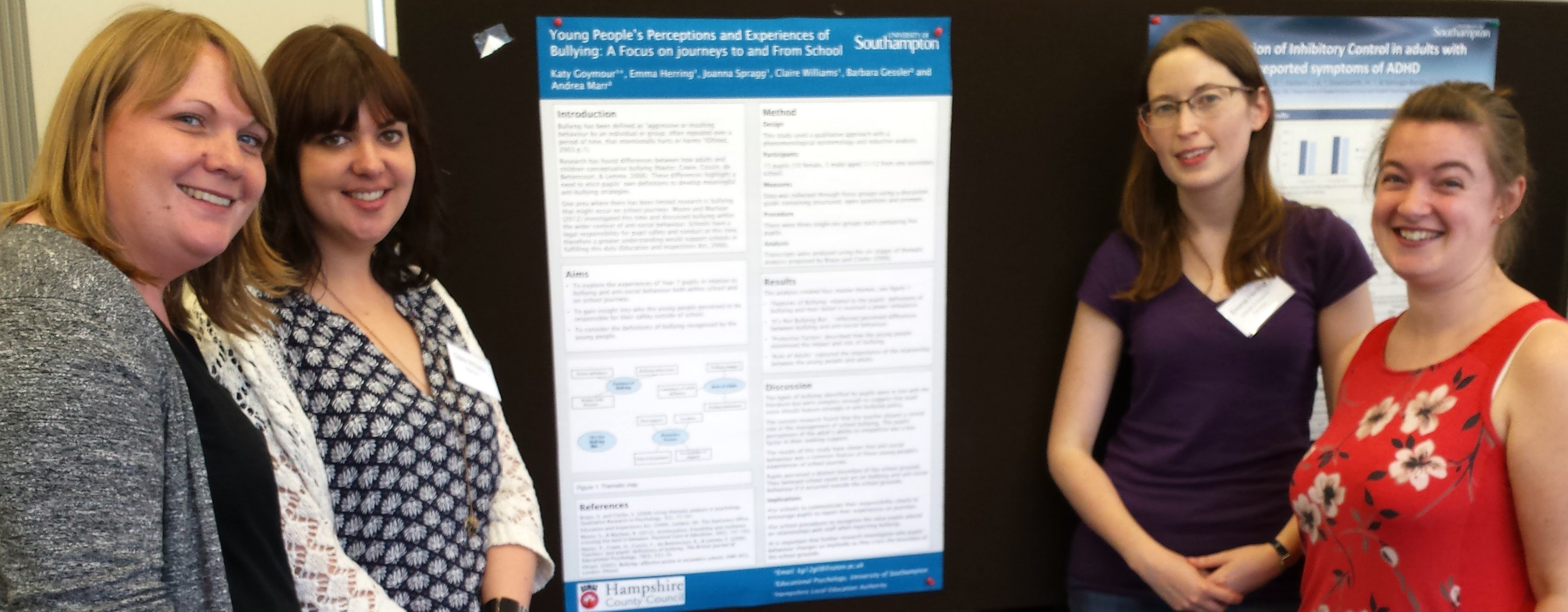Assignment type: Research Project (Small Scale Research Project, Year 1)
Authors: Alex Gregory, Nikki Samos, Leanne Curreli, Cath Lowther and Hanna Kovshoff
Submitted: Spring 2017
Flawed social, care and education systems have been linked to a high incidence of social, emotional and behavioural difficulties and lower educational attainment for children who have been looked after (Jackson & Martin, 2004). Rather than failing care and education systems, an alternative theoretical explanation for poorer outcomes observed in looked after children, Cameron and Maginn (2011) propose that these children experience “’rejection’ in general and ‘parental rejection’ in particular” (p. 46). This conclusion is based on Parental Acceptance-Rejection Theory (PA-RT), which highlights the need for children to receive positive acceptance from their parents to avoid negative impacts on mental health and well-being (Rohner, Khaleque & Cournonoyer, 2004). Continue reading



